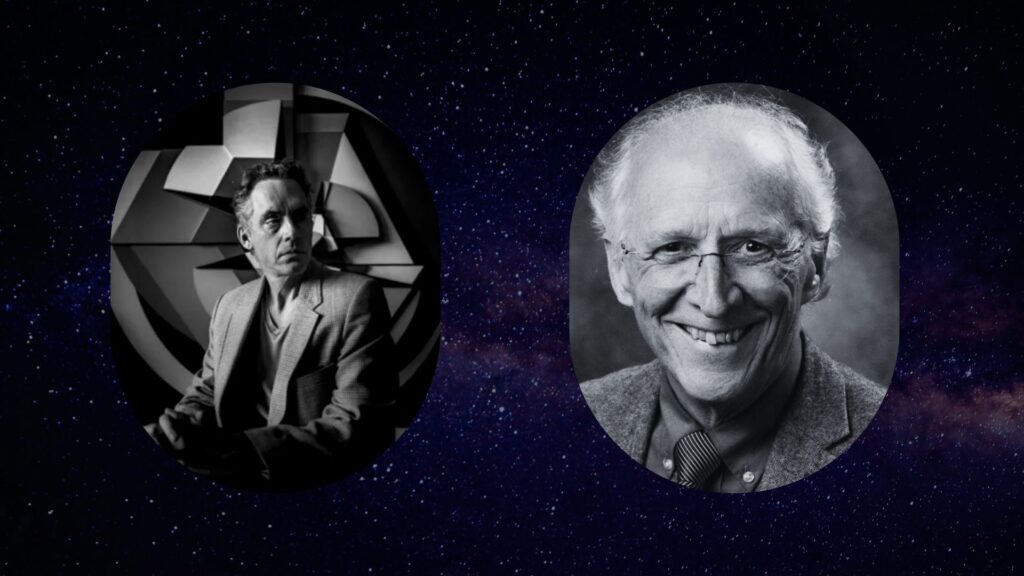As cultural commentator Jordan Peterson and theologian John Piper continue to shape spiritual and philosophical discourse, their recent public exchange reveals profound insights into life’s meaning, suffering, and happiness. This article explores their backgrounds, shared values, and diverging views on Christianity, happiness, and truth—offering readers a deeper understanding of what truly satisfies the soul.
Two Thinkers, One Question: What Is Happiness?
John Piper, born January 11, 1946, in Chattanooga, Tennessee, is a Reformed Baptist theologian and author known for pioneering the concept of “Christian Hedonism.” A graduate of Wheaton College and Fuller Theological Seminary, Piper pastored Bethlehem Baptist Church in Minneapolis for over 30 years and founded Desiring God, a ministry committed to spreading a passion for the supremacy of God in all things.
Jordan Peterson, born June 12, 1962, in Edmonton, Alberta, is a Canadian psychologist, professor, and cultural critic. A graduate of the University of Alberta and McGill University, Peterson rose to fame for his psychological interpretations of biblical texts, cultural commentary, and advocacy for personal responsibility. 
Though their backgrounds differ—Piper as a devout pastor and Peterson as a more secular thinker—both men wrestle with the core question: What gives life meaning?
Peterson famously wrote, “Life is suffering. The purpose of life is not to be happy, but to find something that sustains you in spite of suffering.” He sees happiness as fleeting and instead emphasizes meaning through responsibility and moral clarity.
Piper partially agrees. He affirms that superficial pleasure is ultimately empty—but where they diverge is profound. Piper teaches that deep, lasting joy—“happiness rooted in God”—is not only possible but essential to glorifying God. His well-known maxim sums it up: “God is most glorified in us when we are most satisfied in Him.”
Bible, Belief, and the Christian Life: Conflict or Common Ground?
Despite his deep respect for Christianity, Peterson is not a professing believer. However, he upholds the Bible as the foundation of Western civilization. He often quotes Scripture and encourages parents to teach biblical principles to their children, especially in a culture saturated with digital distractions and moral confusion.
Peterson once said, “Biblical ideas offer an ethical framework that can help children navigate the temptations and dangers of modern technology, from pornography to the social isolation caused by overexposure to screens.”
Piper, on the other hand, sees Scripture as not only a cultural guide but divine revelation. His faith is inseparable from his theology of joy. To Piper, sin has marred humanity’s ability to reflect God’s glory, yet the gospel restores this image. The Christian life, he says, is about pursuing joy in God even through pain.
Piper asserts, “At your right hand are pleasures forevermore.” This echoes his life’s mission: glorifying God by enjoying Him forever.
Both thinkers agree on the moral crisis in modern society. Peterson warns against religious hypocrisy and cultural capture in churches, calling out self-serving religious leaders and the “woke rainbow mob” for abandoning Christian doctrine.
Piper likewise cautions against seeking meaning apart from God, noting that even “meaning” can become hollow if it’s divorced from divine truth. Yet their paths forward differ—Peterson leans toward cultural restoration through Judeo-Christian values, while Piper insists that Christ Himself must be central to any true hope or joy.
Meaning Meets Glory
Peterson and Piper stand as two towering voices in our generation—one calling people to responsibility and order through biblical wisdom, the other calling people to eternal joy in God. They intersect in their rejection of shallow happiness and cultural rot, but diverge on the nature of salvation and joy.
Jordan Peterson reminds us:
“Biblical ideas offer an ethical framework that can help children navigate the temptations and dangers of modern technology.”
John Piper affirms:
“The end of all things is the glory of God; at your right hand are pleasures forevermore.” Psalm 110:5
Both men challenge modern minds to consider a deeper, richer life—one grounded either in meaningful living or in divine joy. Perhaps the ultimate answer isn’t either/or, but both—when meaning finds its home in the glory of God.
Links
1. Link 1
2. Link 2
3. Link 3
4. Link 4


